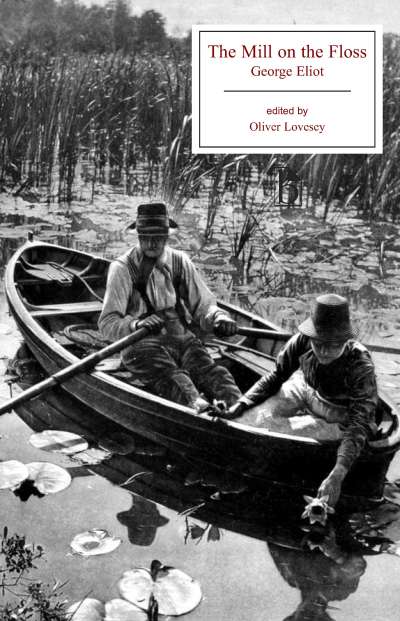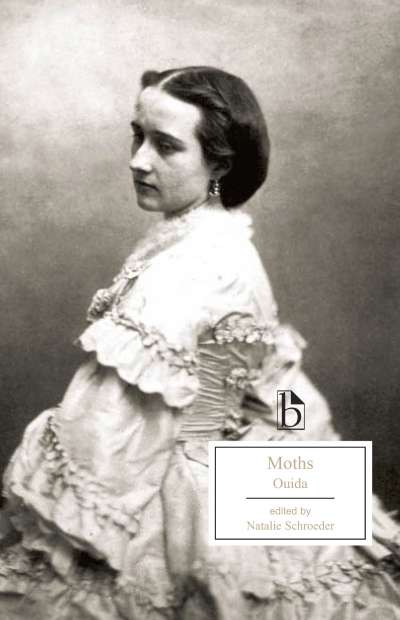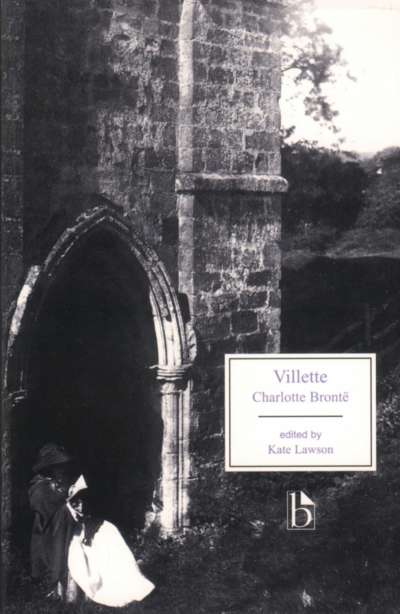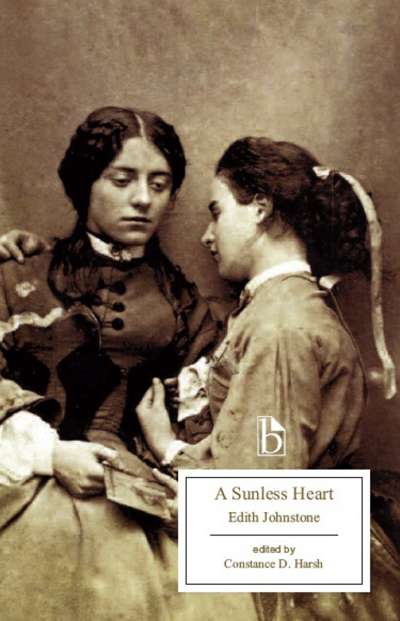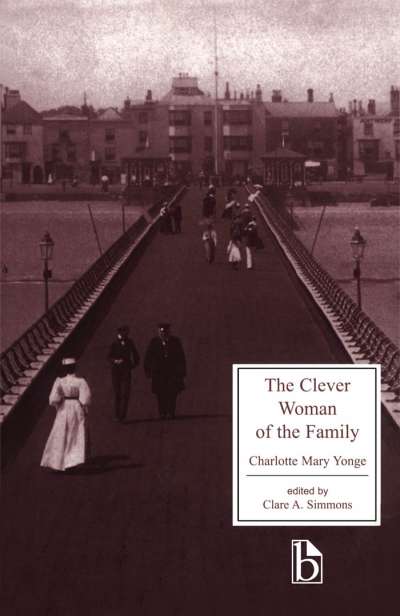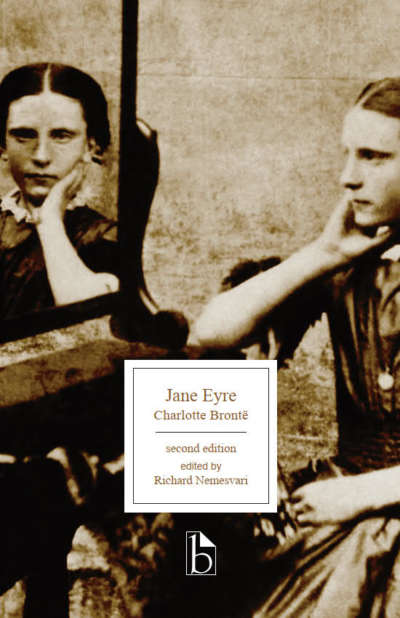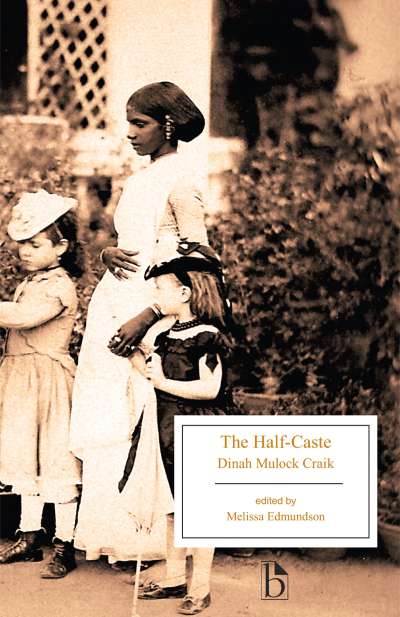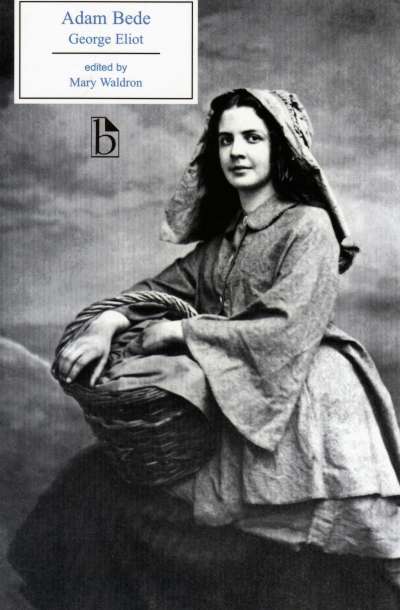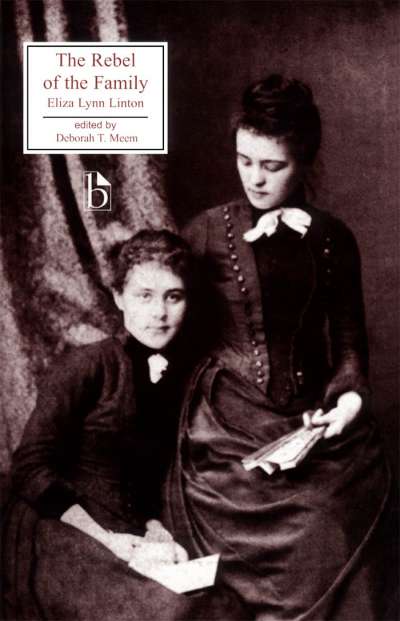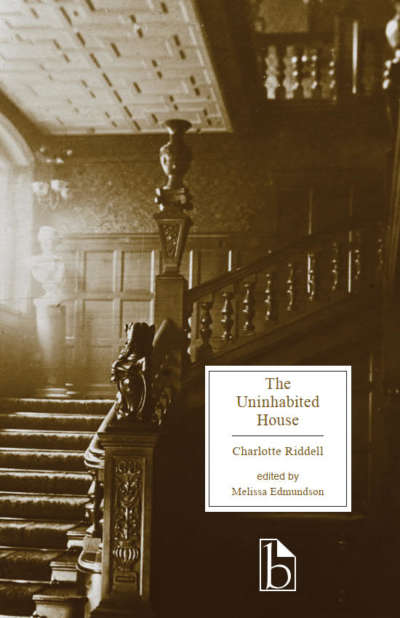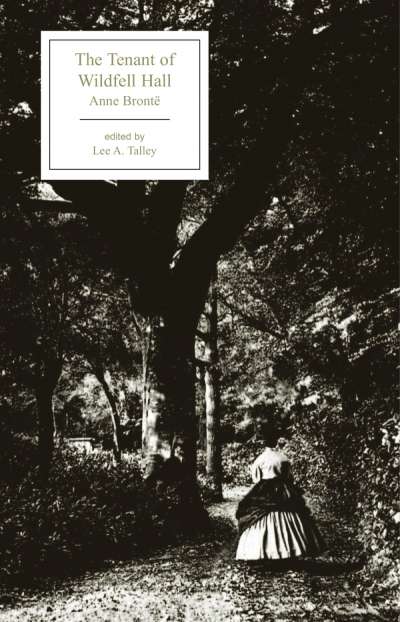Marcella, young and with a new-womanly independence, has a yearning to help the poor. When a gamekeeper is murdered near where she lives, Marcella finds herself at odds with her wealthy fiancé over beliefs about property and justice. The discovery leads Marcella to pursue—among other things—a career in nursing. In settings ranging from village cottages, London slums and hospital wards to fashionable drawing rooms and the Ladies’ Gallery of the Houses of Parliament, the book combines a gripping story with serious issues—socialism, rural and urban poverty, poaching laws, journalistic ethics, the Woman Question—inspiring critics to liken Marcella to George Eliot’s novels.
The Broadview Literary Texts edition records the substantive differences between the two major editions published during Ward’s lifetime, and included among the many appendices are news accounts of the murder trial and executions that inspired the novel, and previously unpublished letters by Ward.
NB: Mary Augusta Ward has traditionally been known as Mrs. Humphry Ward.
Comments
“This definitive edition of Marcella includes an excellent set of contextual materials on its author’s biography, on contemporary responses to the novel, on late-Victorian socialism and social work, on the ‘New Woman,’ and on nurses and nursing. Mary Augusta Ward was one of the most popular and thoughtful novelists of her time, so this new edition of her fourth novel is a great resource for readers interested in Victorian literature and culture, or just interested in good fiction.” — Patrick Brantlinger, Indiana University
Acknowledgements
Introduction
Mary Augusta Arnold Ward: A Brief Chronology
A Note on the Text
Marcella
Appendix A: Ward’s Introduction to the 1911 Westmoreland Edition
Appendix B: Ward’s Childhood and Education
- Janet Trevelyan, from The Life of Mrs. Humphry Ward (1923)
- Mary Ward, from A Writer’s Recollections (1918)
Appendix C: The Composition of Marcella
- Mary Ward, Correspondence with George Smith, of Smith, Elder Publishers
- Mary Ward, Letter to Mandell Creighton
- Facsimiles of manuscript and page proof
Appendix D: Contemporary Responses to the Novel and to Ward
- From “Mrs. Ward’s New Novel” (London Times, 3 April 1894)
- Hamilton W. Mabie, from “A Notable New Book—Mrs. Ward’s
Marcella’ (The Forum 17, April 1894)
- [A.I. Shand,] From “Marcella” (Edinburgh Review 180, July 1894)
- From “Fiction, New and Old: Mrs. Ward’s Later Novels” (Atlantic
Monthly 87, 1901)
- Arnold Bennett, from “Mrs. Humphry Ward’s Heroines” (New Age
3, Oct. 1908)
Appendix E: Late-Victorian Poverty and Socialism
- Charles Booth, ed., from Labour and Life of the People (1889) 567
- Henry George, from Progress and Poverty (1879) 560
- Arnold Toynbee, from “‘Progress and Poverty,’ A Criticism of Henry
George,” lecture delivered 18 January 1883 572
- Fabian Tracts:
- The Basis of the Fabian Society (1887)
- What the Farm Laborer Wants (1894)
Appendix F: Newspaper Accounts of the Poaching Incident at Aldbury
Appendix G: The “New Woman”
- B.A. Crackenthorpe, from “The Revolt of the Daughters” (The Nineteenth Century 35, January 1894)
- Kathleen Cuffe, from “Reply From the Daughters: I.” (The Nineteenth Century 35, March 1894)
- Alys W. Pearsall Smith, from “A Reply from the Daughters: II.” (The Nineteenth Century 35, March 1894)
- F. Mabelle Pearse, from “To an ‘Advanced Woman’” (Idler 161, Sept. 1896)
Appendix H: The District Nurse in the Late-Victorian Period
- Florence Nightingale,‘Introduction to The History of Nursing In The Homes of the Poor’ (Sketch of the History and Progress of District Nursing From Its Commencement in the Year 1859 to the Present Date, 1890)
- Florence Dacre Craven, from A Guide to District Nurses (1889)
- From the Diaries of Miss Gertrude Ward (1891-92)
Works Cited and Recommended Reading
Beth Sutton-Ramspeck of The Ohio State University at Lima, is the author of several articles on Mary Augusta Ward.
Nicole B. Meller is an independent scholar.


